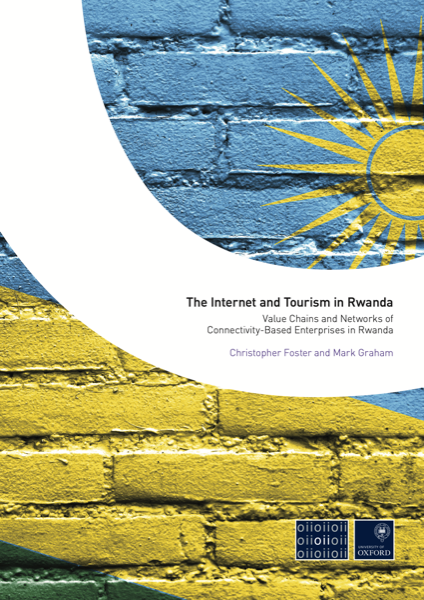
Dr Christopher Foster
Former Researcher
Chris Foster's research focus is on technologies and innovation in developing and emerging markets, with a particular interest on how ICTs can support development of low income groups.

The arrival of fiber-optic connectivity to East Africa in the summer of 2009 marked a major increase in connectivity for the region, with East Africans, in theory at least, able to access greater speeds at lower prices. Does this rapid increase in connectivity hail an ICT-fuelled economic revolution?
This report considers this urgent issue by examining the effects of this changing connectivity in the Rwandan tourism sector. Many tourism firms have adopted and are actively using digital connectivity. But digital connectivity alone has not led to transformation. Rather, a set of wider barriers prevents the transformative effects of connectivity being realised, including poor integration into firms, poor fit of current resources to Rwandans’ needs, and well-established relationships to outgoing firms.